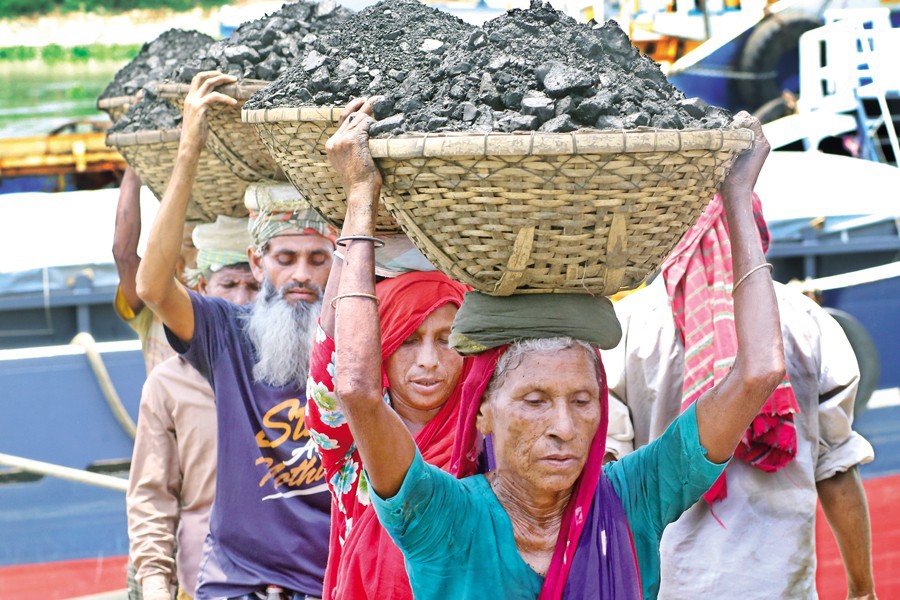
Published :
Updated :

International Labour Organisation (ILO) has suggested inclusive labour reforms and effectiveness of institutions for protecting workers' rights in all sectors of Bangladesh.
For doing so, there is a need for strengthening capacities of inspectorate, courts and grievance authority to help enforce laws equally and effectively.
Besides, Bangladesh should also expand the occupational and industrial safety culture in non-RMG sectors and invest in establishing safety management systems, trained and competent operators, workers and safety officers to ensuring safe workplaces.
Outgoing ILO Country Director for Bangladesh Tuomo Poutiainen made the observations at a farewell press briefing held on Monday at the ILO office in the city.
After serving the ILO Bangladesh Office for about a decade, including seven years as country director and three years, Mr Poutiainen now moves on to a new responsibility as deputy director at the ILO Regional Office for Asia and the Pacific in Bangkok, Thailand.
"Labour reform is not a single event-it is a process," Mr Poutiainen said, adding that this process must be grounded in a robust legal framework, institutional efficiency and meaningful social dialogue
He also stressed the need for generating employments, enhancing institutional capacities and ensuing social protections for workers of all sectors.
It is necessary to ensure that no one is left behind he said, adding that there are still indigenous and ethnic groups of people-not only in the Chittagong Hill Tracts but also in scattered lowland areas-whose access to opportunity must be prioritized.
"Domestic work remains largely invisible and under-protected. It is time to bring these workers under the full umbrella of legal safeguards," he said.
Tea-garden workers must benefit from modernisation efforts that improve not only productivity but also wages and living standards, he added.
Acknowledging recent progress in the restructuring of labour institutions such as the labour inspectorate and dispute resolution mechanisms, he stressed the need for greater effectiveness.
"These institutions must deliver services transparently and equitably. Their capacity to resolve grievances and enforce labour laws is fundamental to a just and reliable labour market," he said.
Terming social dialogue the foundation of sustainable development, the ILO director stressed the need of democratic participation in labour relations.
About the improvements that have been in garment sector since the Rana Plaza tragedy, Mr Poutiainen warned against complacency and called for extending OSH (occupational safety and health) reforms across all sectors including construction, shipbuilding, agriculture and ironworks.
"Every worker deserves to return home safe at the end of the day," he said.
Terming the rollout of a modern employment injury insurance system in the garment sector 'a game-changer', he said the scheme is now being expanded to the leather and footwear industries, with the long-term goal of national coverage.
Talking about informal economy, he also said as Bangladesh continues to grow there is significant potential to improve the quality of MSMEs (micro, small, and medium enterprises) businesses-pursuing both formalization of both work and businesses.
He suggested collaborative work with MSMEs, offering them value and incentive in the formalisation process to let them see the benefits of becoming formal through access to finance, training, public procurement, or markets.
He also said ILO is working closely with the government and private sector to modernise technical and vocational education and ensure smooth school-to-work transitions.
About the recently published Labour Reform Commission's Report, he said "It reflects broad consultation and sets a solid foundation for progress."
Munni_fe@yahoo.com


 For all latest news, follow The Financial Express Google News channel.
For all latest news, follow The Financial Express Google News channel.